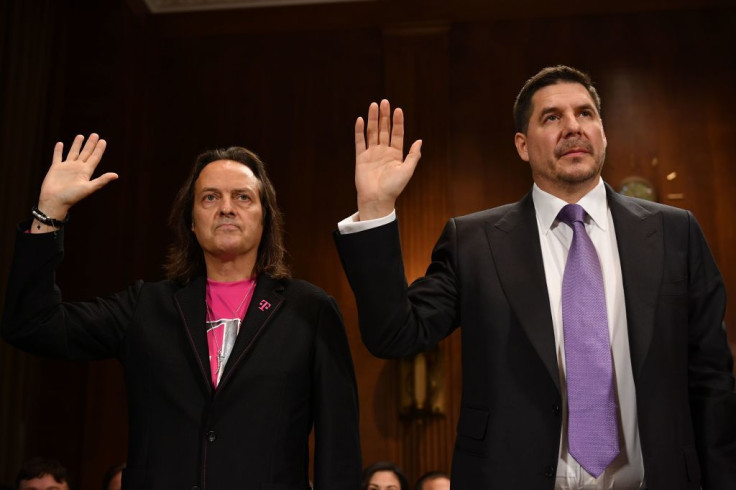Sprint, T-Mobile Merger To Get DoJ Approval By End Of Week

The $26 billion merger deal between Sprint and T-Mobile is heading to a finale. According to reports, the U.S Department of Justice may approve the deal in a few days.
A report by CNN Business said the DoJ nod will be a big step in realizing the aspiration of the combined company, to be called New T-Mobile, to emerge as the second-largest wireless provider in the U.S.
The report also said the DoJ nod will be subject to the wireless providers fulfilling pre-conditions or concessions already mandated. Else, it may sue the deal.
FCC Chairman Ajit Pai in May suggested that his agency would support the deal, provided Sprint and T-Mobile made some revisions to the structure of the planned merger.
They included the sale of Boost Mobile by Sprint and Sprint's discount pricing. The Department of Justice has declined to comment.
Rationale of merger
In 2014 both Sprint and T-Mobile sought a merger. But it was called off after regulatory challenges from the Obama administration increased.
In April 2018, they announced the latest merger move.
The American wireless market’s top two players are AT&T and Verizon. After divesting Boost Mobile, T-Mobile, and Sprint may control 127 million wireless customers, compared to AT&T's 156 million and Verizon's 118 million, according to filings.
The two companies are seeking merger pointing that Verizon and AT&T have already launched 5G networks and they are lagging.
The companies claim a union would help them to pool resources and cut costs to build a formidable 5G network.
More hurdles ahead
T-Mobile and Sprint are coming together to take on top players Verizon and AT&T.
The clamor against merger has been that it will reduce competition and hurt consumers as the number of players would come down to three from the existing four.
Even after the Justice Department’s nod, the deal can be stopped if the Federal Communications Commission (FCC) and state attorneys general disagree.
Already the state attorneys general of New York and California have moved court with a lawsuit urging to block the merger. They are backed by seven other states and the District of Columbia.
Their argument is Sprint and T-Mobile merger would cut competition and only support network operators by way of higher returns.
If the merger has to be a reality, now states must agree to the companies' concessions and withdraw the lawsuit.
Meanwhile, analyst Walter Piecyk of BTIG said there is only less than 50 percent chance of T-Mobile and Sprint merger happening.
“It’s hard to get behind strong odds that the deal is going to get approved,” Piecyk told CNBC’s Squawk Box.
The analyst also sees no big upside to the merger.
“T-mobile self-sustains, they have free cash flow, they can buy the stock back...Sprint needs to invest. And at this point, it looks too late as the brand might be too damaged, and that’s something DoJ must consider”, he said.
© Copyright IBTimes 2025. All rights reserved.





















